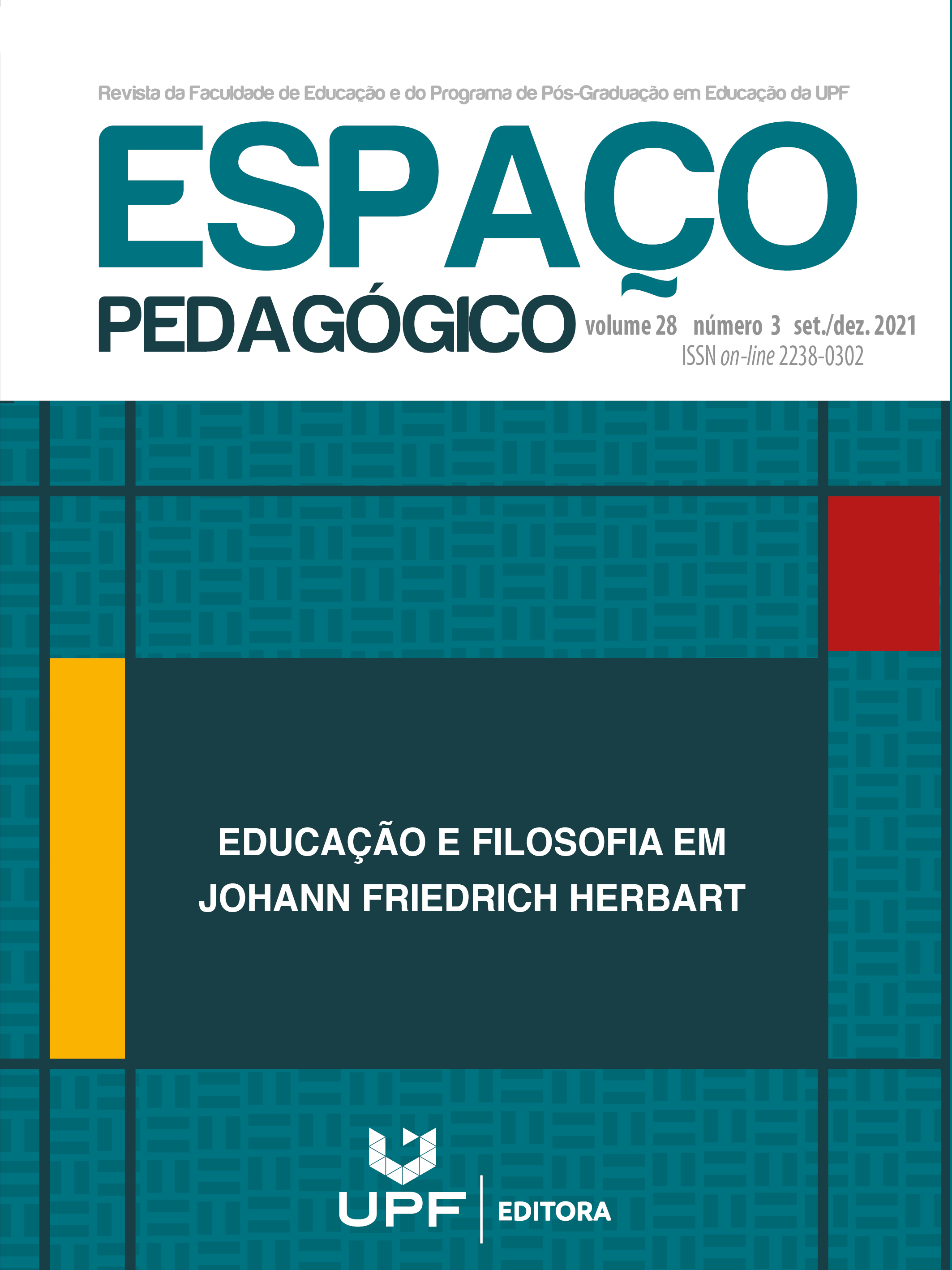Solitude and isolation: the formative character of the meeting with yourself
DOI:
https://doi.org/10.5335/rep.v28i3.11810Keywords:
Mental Health. Pandemic. Formation. Subjectivity. LonelinessAbstract
This article reflects on one of the impacts caused by the Covid-19 pandemic on the mental health of the population, namely, the psychological suffering resulting from physical distance. The approach, however, is not organized around the justification for suffering and resistance regarding compliance with precautionary measures, but problematizes them as possible symptoms of our difficulty in being alone. The hypothesis defended is that the pandemic ended up inducing an introspection that we were neither willing nor able to do. On the one hand, it intensified the feeling of loneliness and suffering arising from it, on the other, it put it in evidence, allowing it to be thought of not as a pathology, but as inherent to the human condition, even as a desirable experience. Thus, from a critical-hermeneutic reading by authors from the philosophical and psychoanalytic field, these writings were conceived within three movements: the first presents some impacts produced by the pandemic on mental health, with emphasis on the suffering resulting from isolation; the second problematizes philosophically and psychoanalytically the notion of solitude as the positive version of loneliness; and the latter discusses the possibility of extracting a formative sense from the capacity and experience of being alone.



